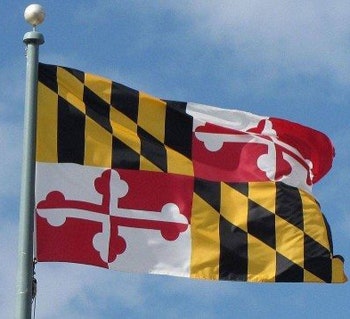BALTIMORE — In order to get rid of the vestiges of segregation in Maryland’s higher education system, historically Black institutions (HBIs) in the state should have the right to offer unique, high-demand courses that cannot be duplicated at nearby traditionally White colleges. This was the assertion of lawyers arguing on behalf of the HBIs Thursday in the closing remarks of the remedy phase of a landmark desegregation case.

“This makes it difficult to dismantle,” Jones argued Thursday before U.S. District Court Judge Catherine C. Blake.
Jones made his remarks as the court seeks to develop a remedy for the case in which the court found in 2013 that Maryland has violated the constitutional rights of students at three of Maryland’s four HBIs by unnecessarily duplicating certain programs at nearby White institutions.
Jones argued that the state’s HBIs be given $50 million each over 10 years for marketing and scholarships, as well as $50 million each over 10 years to “strengthen academic niches” at their institutions — all aimed at reducing the effects of segregation at the schools. Maryland’s HBIs are Morgan State University, Coppin State University, Bowie State University, and the University of Maryland Eastern Shore, although the latter was exempted from the court’s finding that unnecessary program duplication was causing segregative effects.
Jones also suggested that a special master be appointed to help the court determine various costs associated with establishing unique, high-demand programs at HBIs. There is currently an imbalance of 171 to 10 such programs at TWIs versus HBIs, respectively, Jones said. Jones also recommended a monitoring commission be established to oversee approval of new programs at the state’s colleges.
The historically Black colleges should be given “some sort of right of refusal” when it comes to program duplication, Jones said.




















